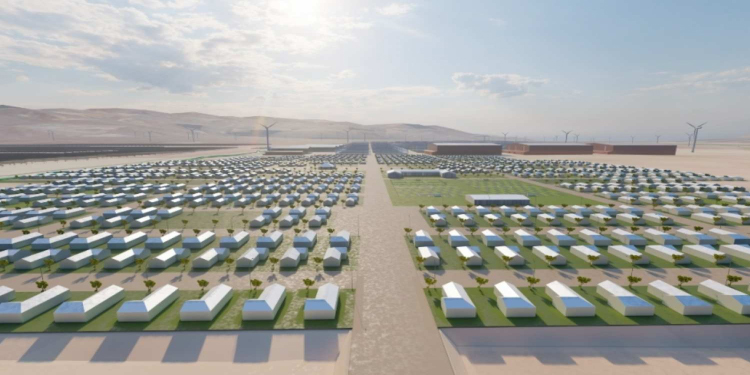
The agreement follows discussions on green hydrogen investment with William Ruto, President of Kenya, and was signed between EIB Vice President Thomas Östros and Kenya’s Cabinet Secretary for the National Treasury and Economic Planning, Njuguna Ndung’u.
“Kenya has some of the best renewable energy sources in the world if the storage components were equally developed,” Ndung’u stated, adding, “The route to storage has the potential to develop green hydrogen to deliver sustainable, green and inclusive growth. Together we will develop projects that will develop green hydrogen as part of the Kenya Energy Roadmap 2040.”
Poised to develop public and private sector investment that utilizes renewable energy to produce green hydrogen, the agreement will see the EIB mobilize an initial $1.9 million in grants from the European Union and assess further potential loan financing for investment in larger green hydrogen projects.
“Kenya’s wind and solar power can be harnessed to produce green hydrogen and provide affordable power for economic development and industrial growth,” stated the Cabinet Secretary for Kenya’s Ministry of Energy and Petroleum, Davis Chirchir, adding, “The Joint Declaration between Kenya and the European Investment Bank will improve understanding of how best to identify, structure, unlock and implement green hydrogen investment.”
Aimed at supporting the development of infrastructure projects, renewable energy expansion, and public and private sector companies, the EIB has provided over $5.6 billion in energy investment throughout Africa over the past decade, which includes $440 in geothermal, wind, solar, and grid expansion investment in Kenya.
“The European Investment Bank stands ready to enhance cooperation to develop public and private sector investment that uses wind, solar and geothermal resources to produce green hydrogen, combat climate change, and support economic development in Kenya,” Östros stated, concluding, “Our energy and finance experts at the EIB Regional Hub in Nairobi and at headquarters will work closely with Kenyan partners to identify and develop new renewable energy projects and unlock construction of hydrogen production infrastructure.”
Producing more than 90% of its electricity through biomass, hydropower, geothermal, solar, and wind energy sources, investment into green hydrogen production will offer Kenya the opportunity to become a world-class producer and exporter, thus serving to promote socioeconomic development and contribute to the country’s goal to reduce emissions to 32% by 2030.
